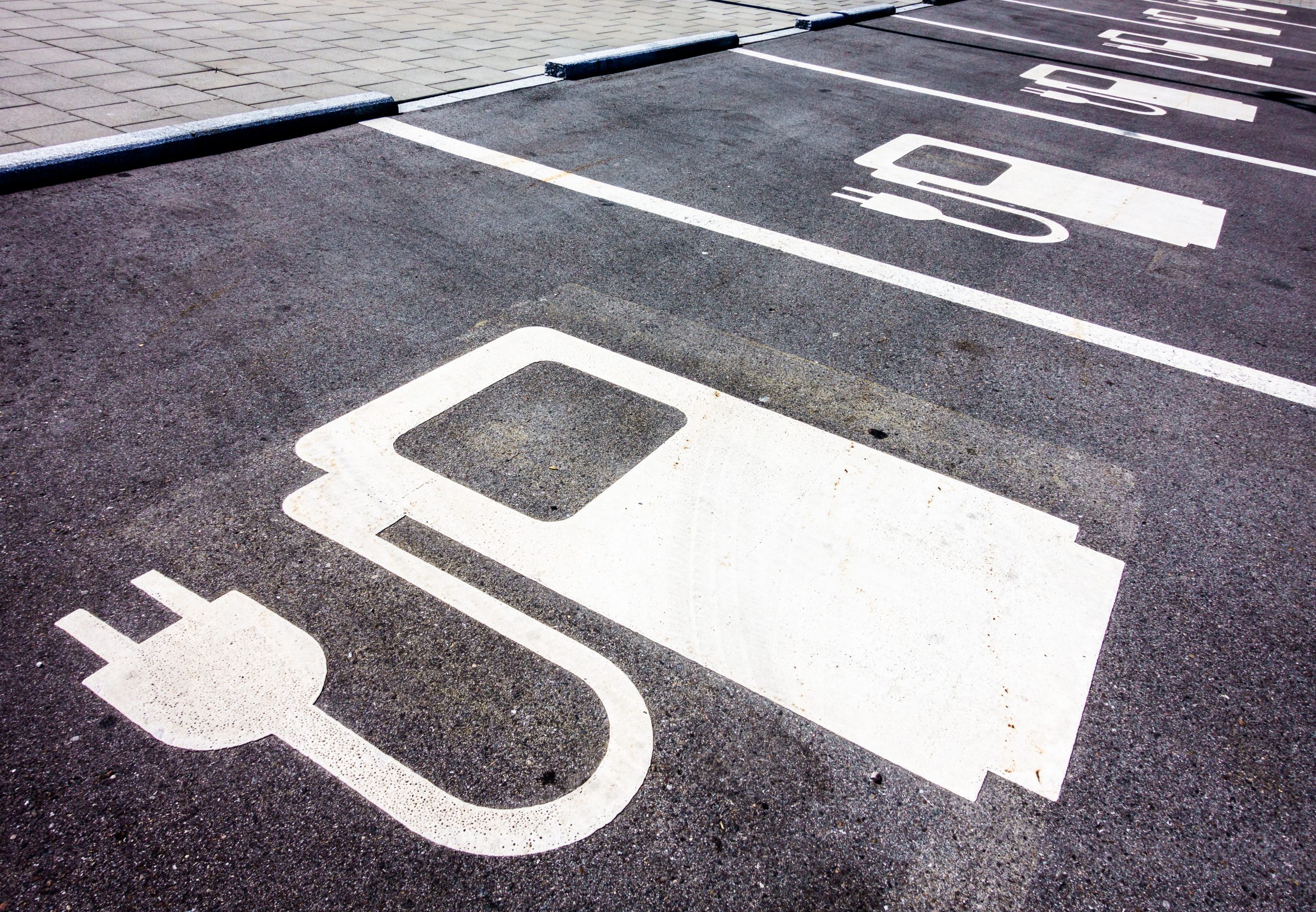



June 27, 2021



How easy is it to extract all the precious metals? And can the UK economy benefit from dismantling used EV batteries?
June 22, 2021
Electric cars might lack the poisonous exhaust emissions of petrol or diesel models but they still have a hefty environmental impact. As electric vehicle (EV) sales boom, dealing with their batteries when it’s time to scrap the cars is one of the biggest concerns.
As Paul Anderson, primary investigator for the Faraday Institution’s project on dealing with end-of-life EV batteries, put it: “Recycling is the key to the sustainability of the electric car revolution.”
And the sooner we do it the better. A University of Birmingham Policy Commission report claims: “The total number of EV batteries reaching end-of-life for battery recycling could be between 70,000 and 106,000 battery packs by 2025.”
It adds: “In 2017, sales of electric vehicles exceeded one million cars per year worldwide for the first time. Making conservative assumptions of an average battery pack weight of 250kg and volume of half a cubic metre, the resultant pack wastes would comprise around 250,000 tonnes and half a million cubic metres of unprocessed pack waste, when these vehicles reach the end of their lives.”
Clearly that can’t all go into landfill. For starters, it’s a waste of finite resources. But it’s also valuable. Lithium-ion EV batteries contain cobalt currently listed at $43,650 (£30,783) per tonne by the London Metal Exchange, nickel at $17,047 (£12,042) per tonne plus various other metals such as aluminium and copper.
By 2025 around 70,000 to 106,000 battery packs could be reaching their end-of-life.
Then there’s the lithium. Battery manufacturers estimate there is around 160g per battery kWh. That means the battery of a regular 60kWh EV will contain around 9.6kg of lithium.
How efficiently this is recycled is debatable. By 2030, Ajay Kochhar of Canadian battery recycling firm Li-Cycle reckons there could be 11m tonnes of spent lithium-ion batteries globally. However, Hans Eric Melin from consultancy Circular Energy Storage believes around three quarters of end-of-life EV batteries are currently recycled in Europe.
“They are simply too valuable not to be,” Melin said. “The battery on a crashed Tesla Model S is worth at least £10,000. There are 16 modules of cells and each will go for around £800.”
How easily those batteries and the cars that go around them can be recycled is currently easier said than done. An EV contains a far wider range of materials than an internal combustion-engined car. There’s the massive battery pack, the electronics controlling it, the regenerative braking system, cooling fans and screens, all of which contain technology-critical – and therefore costly – materials.
With sales of new petrol and diesel cars banned from 2030, by 2050 there will be about two million of these complex-to-recycle electric cars needing to be dismantled every year in the UK. For the recycling industry this could be a watershed moment.
